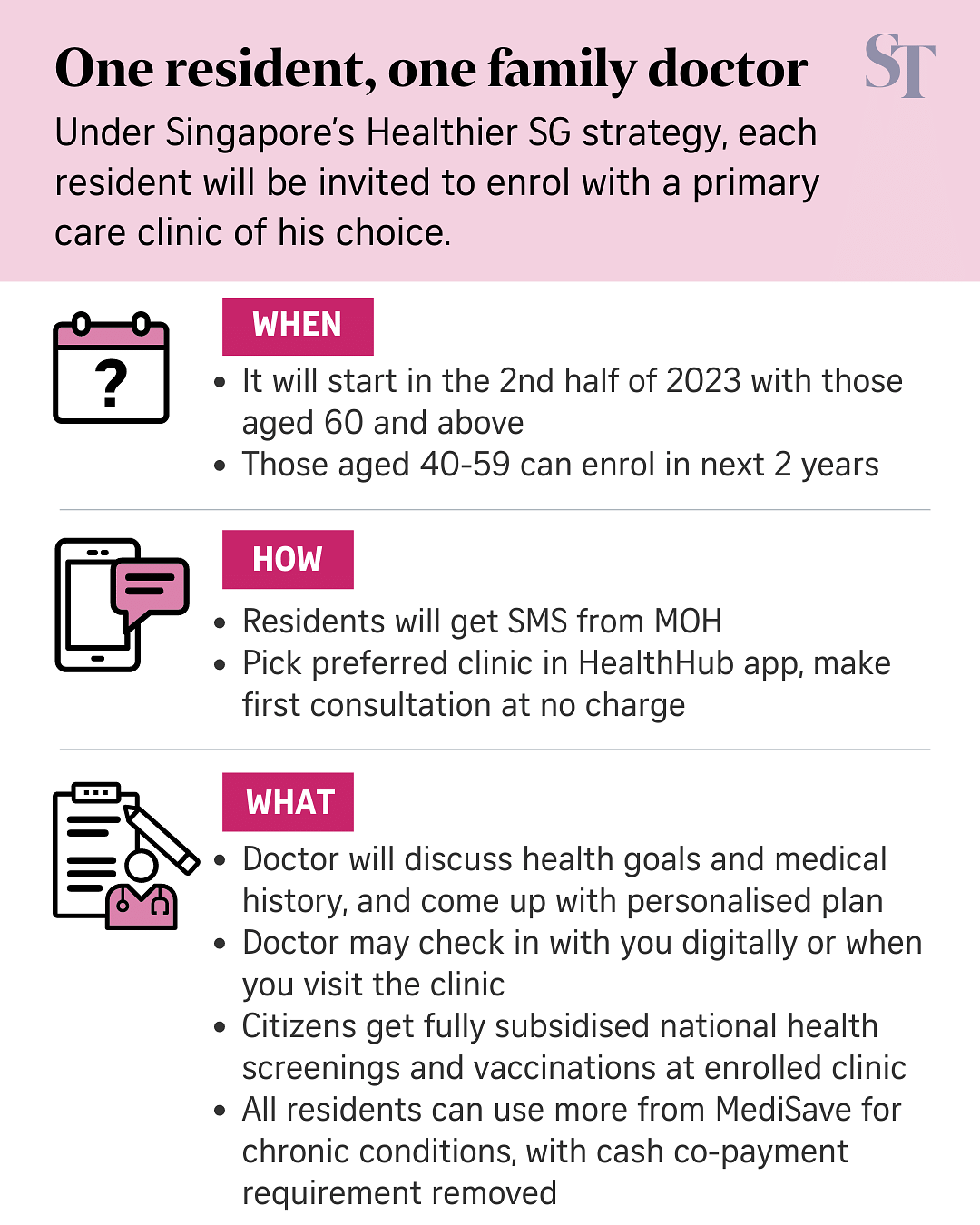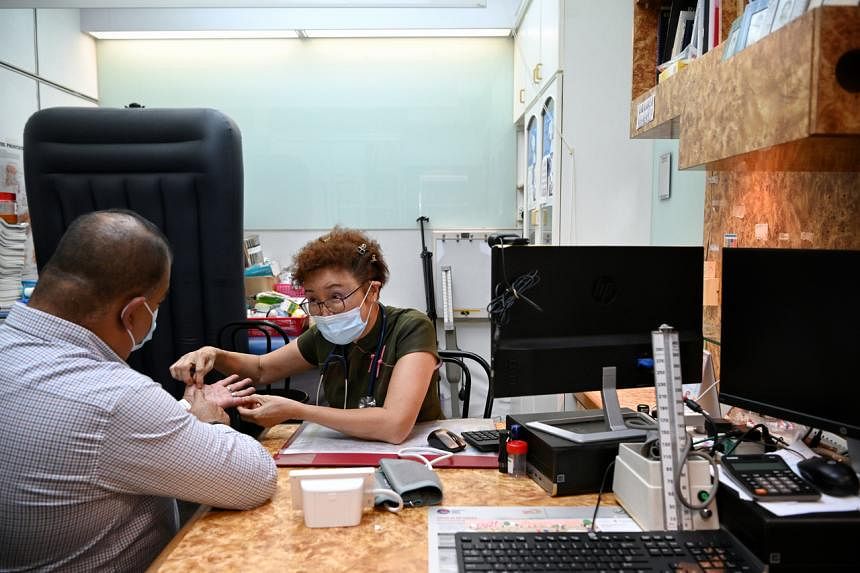SINGAPORE - As Singapore embarks on a new preventive care strategy known as Healthier SG, its three healthcare clusters will move beyond running hospitals and polyclinics to focus on keeping their resident populations healthy through a range of medical and social measures, Health Minister Ong Ye Kung said on Monday.
The clusters will step up as regional health managers, and their expanded role will be reflected in changes to how they are funded, and how their care delivery is judged, said Mr Ong.
He noted that the clusters - the National Healthcare Group, National University Health System and SingHealth - run community programmes, but these form a relatively small part of their efforts, which will increase significantly as they take on a greater role in boosting population health.
In his speech at the National Medical Excellence Awards ceremony, Mr Ong revealed more details about how healthcare will evolve under Healthier SG, following last week's submission of a White Paper to be debated in Parliament in October.
Healthier SG is a key transformation of the healthcare system, from focusing on caring for the sick to proactively preventing individuals from becoming ill.
It is slated for launch in the second half of 2023, when those aged 60 and above will be invited to choose a regular primary care doctor who will work out a plan that helps them take charge of their health. This will be followed by younger age groups.
To facilitate the move to preventive care, Singapore will change the funding model for the clusters, which is currently based on the services they provide and their workloads - the number of hospital admissions, surgical procedures and inpatient bed days, for example.
Instead, clusters will be funded based on the size of the population under their care.
Changes to the funding model were first brought up in Parliament in March.
Mr Ong said on Monday that the new funding structure would not result in less funding for the clusters, each of which has built up unique strengths over the years.
The clusters would continue to have adequate funding to deliver quality healthcare, he said.
"In fact, we are beefing up the funding slightly, to cater for more preventive care initiatives."
But changes will be made to the funding calculations to prevent costs and budgets from running away uncontrollably in the coming decade as the population ages.
Mr Ong also noted that many Singaporeans have relationships with doctors and institutions that are not in their geographic region, and said this would not need to change. Instead, transfers of budget allocations between the clusters will be done at the end of every year to account for different usage patterns.
The Ministry of Health (MOH) will work with the clusters to study the next steps for implementing the objectives of Healthier SG.
With the overall objective to improve population health, MOH will also work with the clusters to identify the various factors that affect physical, emotional and mental health, such as physical living environments, education, employment and food choices, Mr Ong said.
The Government also wants to link data gathered at each point of care to community health data.
Using this, MOH and the clusters will engage community partners to shape initiatives that will set Singapore on the path to better health.
Healthier SG "requires us to take bold moves over many years, and some moves will be quite difficult", said Mr Ong. "It requires us to go back to the fundamentals and rethink what health and what sickness mean, and why we need to shift the centre of gravity of healthcare from the acute hospitals into the community."


